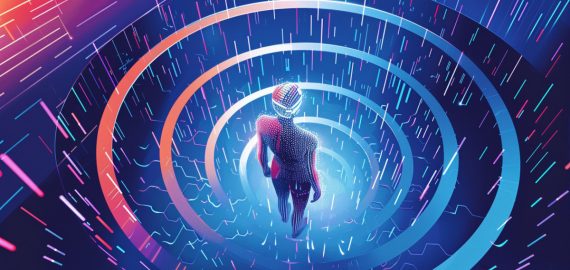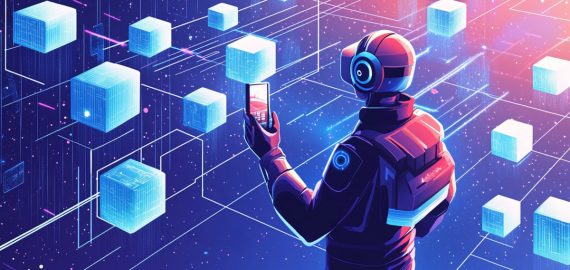Meet video inpainting: text-driven editing with Stable Diffusion and Neural Atlases

In Brief
AI leads to new video editing tools for video editors – here’s how
Artificial intelligence is changing the face of video editing. New tools powered by AI are making it possible for video editors to work faster and smarter. One of the most promising applications of AI in video editing is automatic video editing. This is where the AI system analyzes the video footage and makes edits accordingly. This can be a huge time-saver for video editors, who often have to go through hours of footage to find the best shots.

Symbiosis of two AI models, Neural Atlases and Stable Diffusion, led to the creation of new software for video editors that lets you edit and change objects in the video with text prompts. It’s remarkable how new tools — like the “make pretty” button — that were previously only imaginable are now created from various AI suits.
It provides a technique for adding text to naturally occurring photos and videos to alter their appearance. The aim is to add new visuals to the scene (like smoke or fire) or alter the appearance of existing things (like object texture) in a semantically meaningful way, given an input image or video and a target text cue. Such an approach uses an externally pre-trained CLIP model to calculate the loss while training the generator using an internal collection of training samples produced from a single input (a picture or video and a target text prompt). The main concept is to produce a changeable layer (color and transparency) on top of the original input rather than directly generating an edited outcome.
Neither a pre-trained generator nor user-supplied editing masks are necessary for this method. As a result, it can make targeted semantic modifications to high-resolution videos and natural photographs of a variety of objects and scenarios.
More video examples are provided below:
With this new tool, video editors have countless creative options for making unique videos. All of these new AI-powered tools are making video editing easier and more efficient. As AI continues to develop, we can expect to see even more new and exciting video editing tools in the future.
Read more:
Disclaimer
In line with the Trust Project guidelines, please note that the information provided on this page is not intended to be and should not be interpreted as legal, tax, investment, financial, or any other form of advice. It is important to only invest what you can afford to lose and to seek independent financial advice if you have any doubts. For further information, we suggest referring to the terms and conditions as well as the help and support pages provided by the issuer or advertiser. MetaversePost is committed to accurate, unbiased reporting, but market conditions are subject to change without notice.
About The Author
Damir is the team leader, product manager, and editor at Metaverse Post, covering topics such as AI/ML, AGI, LLMs, Metaverse, and Web3-related fields. His articles attract a massive audience of over a million users every month. He appears to be an expert with 10 years of experience in SEO and digital marketing. Damir has been mentioned in Mashable, Wired, Cointelegraph, The New Yorker, Inside.com, Entrepreneur, BeInCrypto, and other publications. He travels between the UAE, Turkey, Russia, and the CIS as a digital nomad. Damir earned a bachelor's degree in physics, which he believes has given him the critical thinking skills needed to be successful in the ever-changing landscape of the internet.
More articles

Damir is the team leader, product manager, and editor at Metaverse Post, covering topics such as AI/ML, AGI, LLMs, Metaverse, and Web3-related fields. His articles attract a massive audience of over a million users every month. He appears to be an expert with 10 years of experience in SEO and digital marketing. Damir has been mentioned in Mashable, Wired, Cointelegraph, The New Yorker, Inside.com, Entrepreneur, BeInCrypto, and other publications. He travels between the UAE, Turkey, Russia, and the CIS as a digital nomad. Damir earned a bachelor's degree in physics, which he believes has given him the critical thinking skills needed to be successful in the ever-changing landscape of the internet.


















































